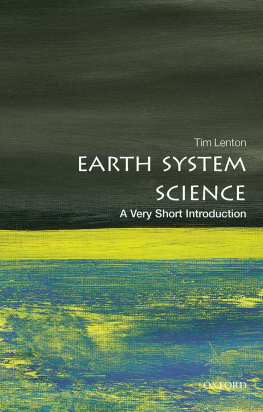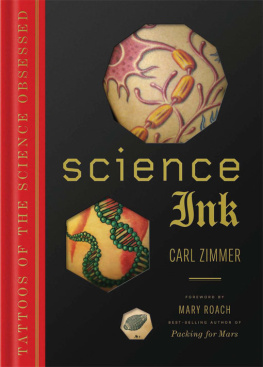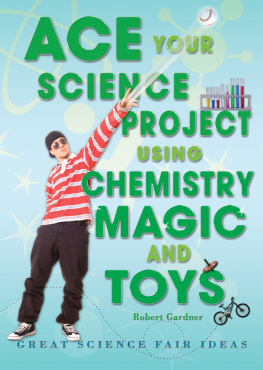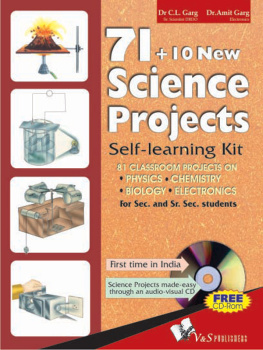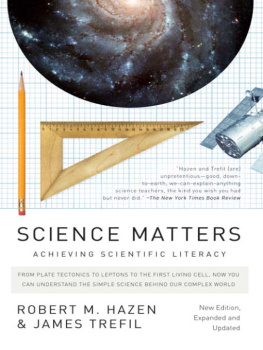About the Authors
Dia Michels is the founder and president of Platypus Media, an independent press in Washington, DC, whose goal is to create and distribute materials that promote family life by educating grown-ups about infant development and by teaching children about the world around them. She is an award-winning science writer who has written or edited over a dozen books for adults and children. Her titles include Breastfeeding Facts For Fathers, Breastfeeding at a Glance: Facts, Figures and Trivia about Breastfeeding, Milk, Money and Madness: The Culture and Politics of Breastfeeding, and If My Mom Were a Platypus: Mammal Babies and Their Mothers. She teaches family science classes at childrens and science museums around the US. She has spoken at national and international conferences for such groups as American Association for the Advancement of Science, National Association of Biology Teachers, La Leche League International, Smithsonian Institution, and the Museum of Science. Dia lives in Washington, DC, with her husband and their three children. She can be reached at Dia@ScienceNaturally.com .
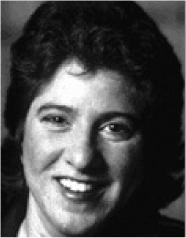
Nathan Levy is the author of Stories with Holes, Whose Clues? and Nathan Levys 100 Intriguing Questions. A gifted educator, Nathan worked directly with children, teachers, and parents in his 35 years as a teacher and principal. He has developed unique teaching strategies that encouraged the love of learning. He has also mentored more than 30 current principals and superintendents, as well as helped to train thousands of teachers and parents in better ways to help children learn. For the past 30 years, Nathan has led workshops at state and national education conferences all over the world. When hired to conduct school-based and district service, his ideas helped raise pupil achievement and restored enthusiasm to the educational staff. Nathan has done workshops in the areas of reading language arts, social studies, math, critical thinking, gifted and special education, and classroom management and is available for parent and business conferences. He can be reached at Nathan@ScienceNaturally.com.

Science Resources
Organizations
American Association for the Advancement of Science (http://www.aaas.org) An international non-profit organization serving as an educator, professional association, and a leader. The association publishes newsletters and journals all dedicated to fulfilling the mission of advancing science and helping society.
Contact Information:
AAAS
1200 New York Avenue NW
Washington, DC 20005
Tel: (202) 326-6400
webmaster@aaas.org
Links for parents and teachers:
http://www.aaas.org/port_educators.shtml
This link provides additional sources, newsletters, and information for teachers.
http://www.aaas.org/port_kid.shtml
This link provides additional information on how parents can get involved and help promote the love of learning for their child/children.
Carnegie Academy for Science Education
(http://carnegieinstitution.org/first_light_case/about_case.html)
The CASE program is an educational resource, designed to increase Washington, DC, public school teachers knowledge of science. The program introduces new methods of teaching to bring science to students.
Contact Information:
Carnegie Academy for Science Education
1530 P Street NW
Washington, D.C. 20005
Tel: (202) 939-1135
Fax: (202) 387-8092
case@pst.ciw.edu
Links for parents and teachers:
http://carnegieinstitution.org/first_light_case/Curriculum.htm
This link for teachers introduces instruction plans by grade.
http://carnegieinstitution.org/first_light_case/other_links_1.htm
This link allows teachers to retrieve more information and additional resources related to science and teaching.
Centers for Disease Control (http://www.cdc.gov)
The Centers for Disease Control is part of the Department of Health and Human Services. Founded in 1946 to assist in controlling malaria, CDC is still at the forefront of public health efforts to prevent and control infectious and chronic diseases. They also help reduce workplace hazards and environmental health issues. Globally recognized, CDC attempts to apply its research to improving peoples lives and responding to any emergencies that may arise.
Contact Information:
Centers for Disease Control and Prevention
Public Inquiries/MASO
Mailstop F07
1600 Clifton Road
Atlanta, GA 30333
Tel: (800) 311-3435
Environmental Protection Agency (http://www.epa.gov/)
The Environmental Protection Agency aims to protect human health and the environment. EPA leads the nations environmental science, research, and education.
Contact Information:
Environmental Protection Agency
Ariel Rios Building
1200 Pennsylvania Avenue NW
Washington, DC 20460
Tel: (202) 272-0167
Links for parents and teachers:
http://www.epa.gov/teachers/
This link offers background information on a variety of topics, lesson plans, and activities for both in the classroom and outside the classroom.
http://www.epa.gov/epahome/educational.htm
This link provides information that targets kids with games and projects relating to the environment, and provides older children with concepts and activities and high school students with a very informative resource center.
National Aeronautics and Space Administration
(http://www.gsfc.nasa.gov/science.html)
NASAs website offers a science question of the week, a perfect way to keep expanding science knowledge. They also offer games and activities online for children, educational resources for students, and an interactive program that simulates a NASA mission.
Contact Information:
NASA Headquarters
300 E Street SW
Washington, DC 20024
Tel: (202) 358-0000
Fax: (202) 358-3251
National Association of Biology Teachers (http://www.nabt.org)
NABT is an organization which encompasses the leaders of life science education. The website allows educators the opportunity to share their experiences and expertise with other colleagues from around the country.
Contact Information:
NABT
12030 Sunrise Valley Drive, Suite 110
Reston, VA 20191
Tel: (703) 264-9696, (800) 406-0775
National Biological Information Infrastructure (NBII) (http://www.nbii.gov/index.html)
The National Biological Information Infrastructure is a collaborative program which provides information on the nations biological resources.
Contact Information:
USGS Biological Informatics Office
302 National Center
Reston, Virginia 20192
Tel: (703) 648-NBII (6244)
Fax: (703) 648-4224
Links for parents and teachers:
http://www.nbii.gov/education/index.html
The National Biological Information Infrastructure is a collaborative program which provides comprehensive information on the nations biological resources. The site is organized by subject: Plants, Animals & Other Organisms; Habits; Ecological Topics; and Geographic Perspectives. Additionally, there is a reference section containing a wide variety of tools to aid in online biological research.
National Education Association (http://www.nea.org/index.html)
The National Education Association is devoted to advancing the cause of public education.
Contact Information:
1201 16th Street NW
Washington, DC 20036
Tel: (202) 833-4000 (Monday-Friday 8:30 a.m. - 4:30 p.m. ET)
Fax: (202) 822-7974
Links for parents and teachers:
http://www.nea.org/member/index.html




